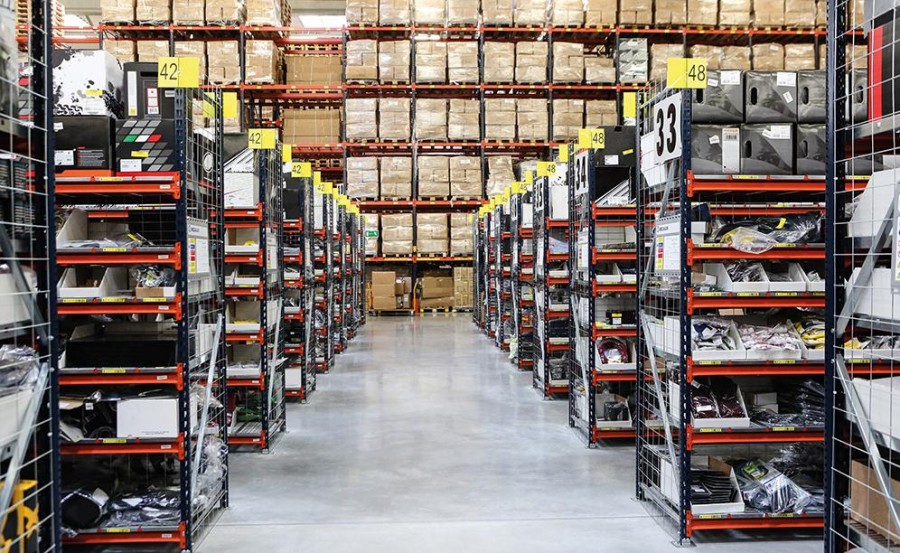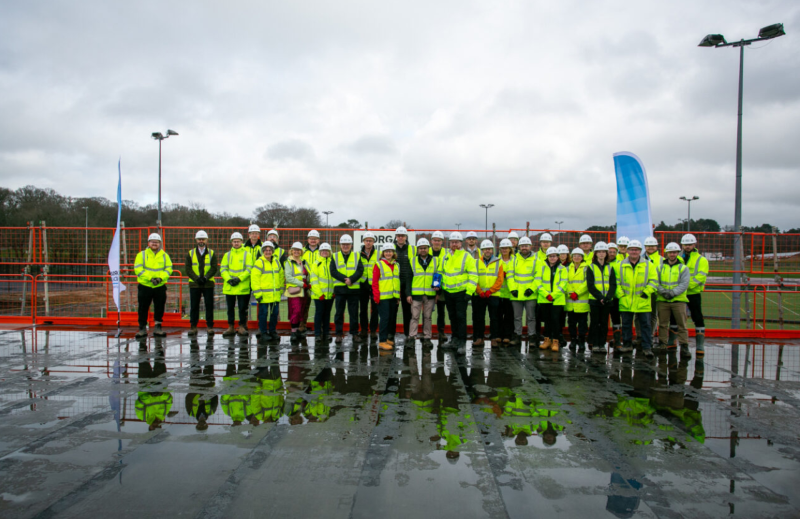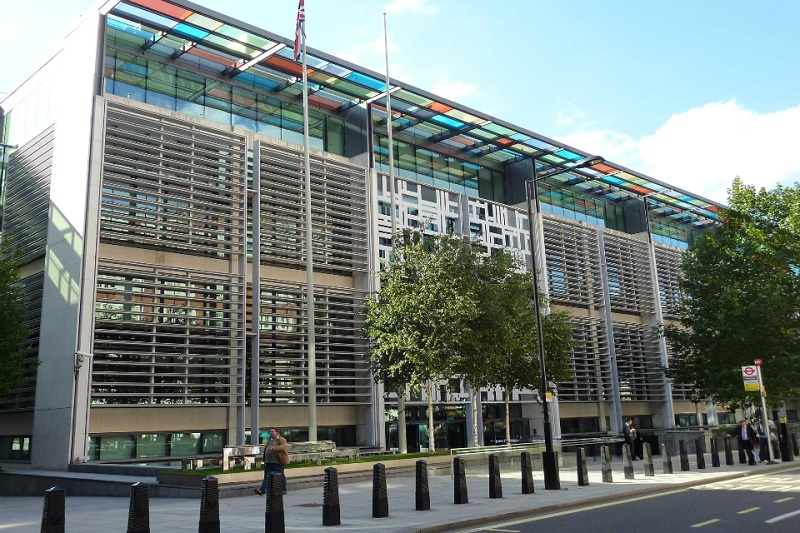August saw manufacturing production suffer its steepest contraction since May 2020.
Companies experienced a sharp reversal in new orders, with demand from domestic and overseas clients contracting sharply. This led to a near-stalling of jobs growth and drop in business optimism.
The seasonally adjusted S&P Global / CIPS UK Manufacturing Purchasing Managers’ Index (PMI) fell to 47.3 in August, down from 52.1 in July but above the flash estimate of 46.0. This is the first sub-50.0 PMI reading since May 2020.
Manufacturing production registered a steep decrease during August, with substantial contractions across the consumer, intermediate and investment goods sectors. The decline reflected weaker intakes of new work, reduced new export business and shortages of both staff and raw materials. August saw intakes of new work contract at the quickest pace for 27 months, amid reports of weaker inflows from both domestic and overseas markets. There was also mention of clients postponing, rescheduling or cancelling agreements in light of rising economic uncertainties, recession warnings and component shortages.

Foreign demand suffered its steepest retrenchment since May 2020, with order intakes from key markets such as the US, the EU and China all decreasing. Port congestion, supply chain issues, Brexit complications and inflationary pressures also contributed to the latest contraction new export business. Jobs growth ground to a near standstill pace, the weakest during the current 20-month sequence of increase. Cuts at small- and large-scale producers offset a solid increase at medium-sized manufacturers.
There were reports of recruitment difficulties (such as skill shortages and a competitive hiring market), employees leaving for better paying jobs and capacity being cut in line with reduced new order intakes. Manufacturing PMI at 27-month low of 47.3 Output, new business and new export orders contract sharply Still elevated input cost and selling price inflation ease further Data were collected 12-25 August 2022.
Levels of work-in-hand and purchasing activity were both reduced to the greatest extents since mid-2020. Lower new order intakes enabled firms to catch-up on backlogs. Input buying was curtailed due to weaker demand, already high stock levels and an easing of supply chain constraints (reducing the need to pre-purchase inputs). Stocks of purchases and finished goods both continued to rise in August. However, the rate of increase in the former was only slight and the weakest during the current 16-month growth sequence.
Finished goods inventories meanwhile rose at a solid clip, as below-expected sales volumes and delays in despatching customer orders led to stocks accumulating at warehouses. August saw business optimism slump to a 28-month low, amid rising concerns about a possible UK recession, strong inflationary pressure and the potential impact of the cost of living crisis on consumer demand. However, 46% of manufacturers still expect output to rise over the coming year.
Where a positive outlook was reported, this reflected hopes for reduced input shortages, planned investment spending, new product launches, a revival in export sales and proactive marketing strategies. Input costs rose at an above survey-average pace again in August, albeit the weakest since November 2020. There were reports of rising costs for commodities, containers, electronics, energy, packaging, raw materials and transportation. The pass-through of general inflation, exchange rates, force majeure events and the Ukraine crisis also contributed to cost increases.
Selling price inflation continued to ease in broad lockstep with purchase prices. Supply chain pressures showed further signs of easing.
Rob Dobson, Director at S&P Global Market Intelligence, said: “August saw the UK manufacturing sector suffer its steepest downturn since the first COVID-19 lockdown. Output and new orders contracted at the fastest rates since May 2020, as inflows of work from both domestic and export markets slumped sharply lower. There were reports of clients postponing, rescheduling or cancelling agreements due to increased economic uncertainties, recession warnings, rising prices and component shortages, while port congestion and Brexit complications constrained export opportunities.
“The deepening downturn also impacted trends in employment, purchasing and business optimism. The rate of job creation came to a near-standstill, while input buying was cut back sharply – hitting demand at suppliers. Business optimism sank to a 28-month low as companies noted that the horizon was darkening amid concerns about recession and the impact of the cost of living crisis.
"There was better news on prices, however. Although still elevated, rates of input cost and selling price inflation both eased sharply, which could take some considerable pressure off consumer price inflation in the coming months, albeit with energy prices remaining a key concern and area of great uncertainty as we head into the autumn.”
John Glen, Chief Economist at the Chartered Institute of Procurement & Supply, said: “The inflationary clouds that have been building over the UK manufacturing industry have finally burst, with a dramatic fall in demand creating the sharpest reduction of new orders since May 2020. But there is a glimmer of hope that increasingly robust global supply chains could be key to halting rising prices.
“There is no escape from plummeting new orders for UK manufacturers. Clients at home and abroad in the US, EU and China are looking to cut their costs, with reports of cancelled and postponed contracts this month. Disruption at the UK’s busiest container port in August has certainly not helped exporters.
“There is cause for some optimism, however. While the Ukraine crisis, container and component shortages are still holding back UK manufacturers, there are signs that the worst supply chain disruption is now behind us. Raw material price increases are finally starting to slow, backlogs of work are declining, and prices on store shelves are starting to stabilise. UK manufacturers will be hoping that supply chain disruption eases long enough to drive down costs for good.”




















